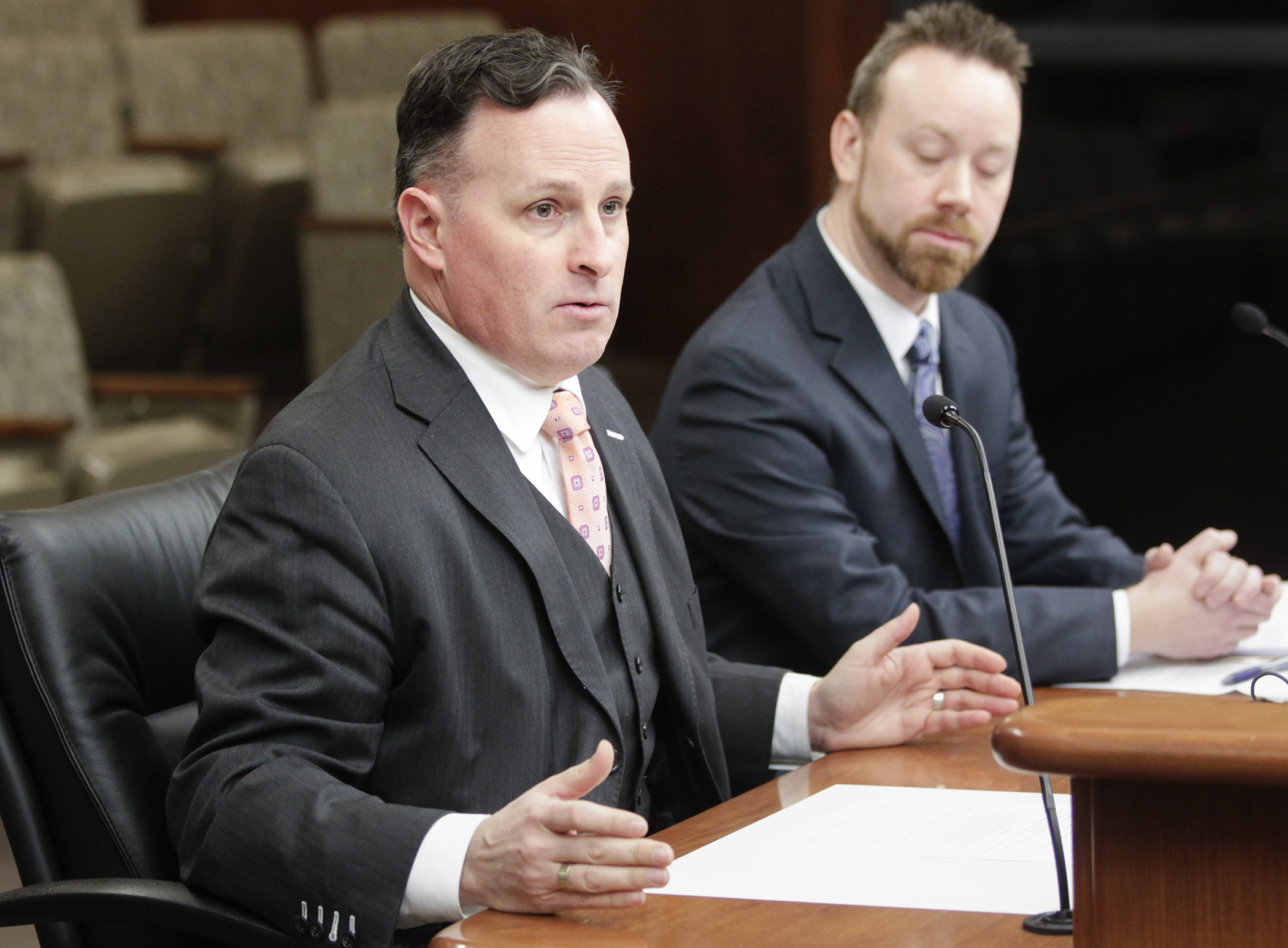Lawmakers consider compelling law agencies to disclose how they use location-tracking warrants

Location-tracking warrants allow government officials to track a subject’s whereabouts through a cellphone or by electronic license plate readers.
A bill presented Thursday to the House Judiciary Finance and Civil Law Division seeks to expand the public’s right to know about the information police obtain.
The bill’s sponsor, Rep. John Lesch (DFL-St. Paul), has concerns how law enforcement agencies are “collecting data on individuals who have not yet been charged with a crime, let alone found guilty of anything.”
The division, which Lesch chairs, took no action at the informational hearing. The proposal has not yet been formally introduced, but Lesch said it will contain the same language from last session’s HF2309.
Lesch said the bill would essentially put “sunshine” or public right-to-know rules on government or law enforcement agencies to disclose “how they were using these warrants, how pervasive the technology was, who they were tracking, and why.”
The bill would mandate agencies make the public disclosure no later than 90 days after an investigation permitted under the warrant is complete.
Ben Feist, legislative director of the American Civil Liberties Union of Minnesota, noted the new language would ensure that subjects of location-tracking warrants eventually receive notice they had been under surveillance, and that the Legislature and the public would learn how often these warrants are used.
“Without that kind of information we don’t know how pervasive this is and whether this body should take additional action,” Feist said.
Related Articles
Search Session Daily
Advanced Search OptionsPriority Dailies
Ways and Means Committee OKs proposed $512 million supplemental budget on party-line vote
By Mike Cook Meeting more needs or fiscal irresponsibility is one way to sum up the differences among the two parties on a supplemental spending package a year after a $72 billion state budg...
Meeting more needs or fiscal irresponsibility is one way to sum up the differences among the two parties on a supplemental spending package a year after a $72 billion state budg...
Minnesota’s projected budget surplus balloons to $3.7 billion, but fiscal pressure still looms
By Rob Hubbard Just as Minnesota has experienced a warmer winter than usual, so has the state’s budget outlook warmed over the past few months.
On Thursday, Minnesota Management and Budget...
Just as Minnesota has experienced a warmer winter than usual, so has the state’s budget outlook warmed over the past few months.
On Thursday, Minnesota Management and Budget...